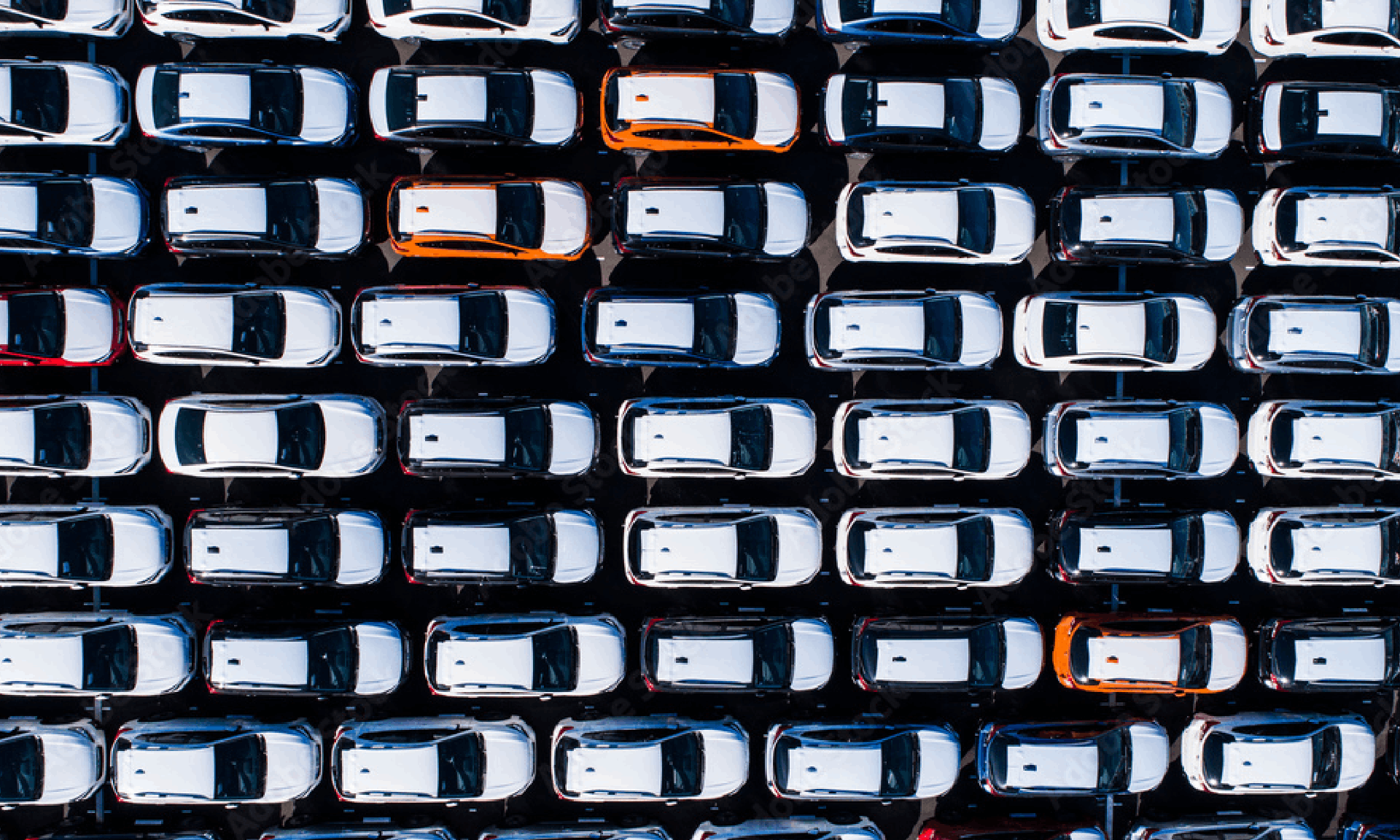How Will New EU Tariffs on Chinese Electric Vehicles Work?

Following complaints from European car manufacturers and industry associations, the landscape for Chinese-made electric vehicles appears to be changing with new tariff implications after the European Commission initiated an anti-subsidy investigation into Chinese EVs back in 2023. When this information filtered into NEVO HQ, we decided to learn a little more about how the investigation revealed Chinese EVs were benefiting from unfair subsidies which, in turn gave them a competitive edge in the European market.
Unfair subsidies and market “dumping”
Chinese EVs are often sold in the EU at prices significantly lower than those of European counterparts, partly because they benefit from substantial state subsidies like reduced steel, tax incentives, and financial support for R&D from the Chinese government. This practice has been referred to as "dumping," where products are sold below their normal value to gain market share. The EU believes that such pricing strategies disrupt fair competition and can harm the European automotive industry by making it difficult for local manufacturers to compete on a level playing field.
How is the EU protecting European manufacturers?
The European automotive industry is a major employer and economic driver. High tariffs aim to protect European manufacturers from the potential adverse impacts of an influx of cheaper Chinese EVs, thereby safeguarding jobs and investments in the EU. By imposing tariffs, the EU seeks to encourage the production and sale of EVs manufactured within Europe, boosting the local supply chain and technological Innovation.
What tariffs are being imposed on Chinese EVs?
The investigation led to the decision to impose tariffs ranging from 27.5% to 38.1%, depending on the specific manufacturer and the extent of the subsidies identified. These tariffs are initially imposed as provisional measures while the EU completes its formal investigation. This is a common practice in trade defence cases. A final decision on the tariffs, including their potential extension or adjustment, will be made after the investigation is fully concluded. Tariffs are likely to increase the overall prices of Chinese-made EVs in the EU, potentially making them less attractive to consumers.
How are trade imbalances being addressed?
We learnt that there were concerns about trade imbalances between China and the EU, with Europe importing more goods from China than it exports. Imposing tariffs on EVs will no doubt be part of broader efforts to address such imbalances. It is the ambition of the EU to push for fairer trade practices and more balanced reciprocal treatment in trade relations, given that European manufacturers face various hurdles in the Chinese market.
What does this mean for European and Chinese manufacturers?
So, what does all this mean for European and Chinese car manufacturers moving forward? Well, European EV manufacturers could potentially benefit from reduced competition from cheaper imports, leading to increased market share for locally produced EVs. The large Chinese EV makers, such as BYD and SAIC, may face significant challenges in the EU market due to the increased tariffs, potentially leading them to rethink their pricing strategies. This in turn could ramp up ongoing efforts for local production options within Europe.
How has Tesla responded?
Here in Ireland Tesla have issued a statement to say prices will more than likely change on the Model 3 come July 1st. This is because the Tesla Gigafactory Shanghai plays a crucial role in the global supply chain, particularly with Model 3 and Model Y for Europe. Tesla might consider shifting more production to its European facilities, like Gigafactory Berlin, to avoid the tariffs on Chinese made EVs.
What is the broader trade outlook?
Ultimately, we see this move as part of broader trade tensions between the EU and China, with both sides navigating complex economic issues. The tariffs reflect the EU's stance on protecting its market and ensuring fair competition amid the global shift towards electric mobility. One thing is for sure though, the need to protect the domestic automotive industry, and efforts to address trade imbalances is well and truly underway! We look forward to bringing you more on this when the investigation fully concludes.